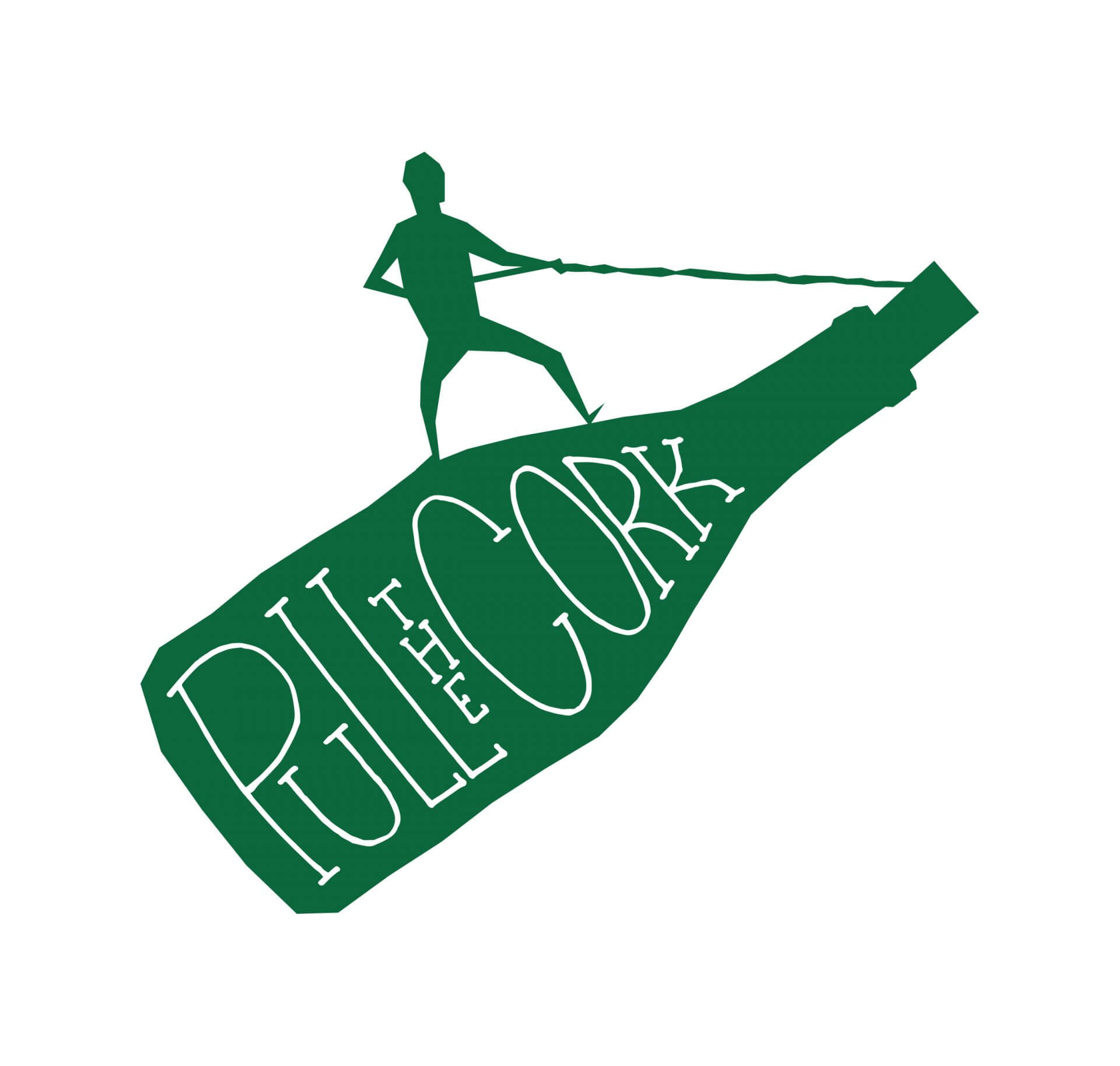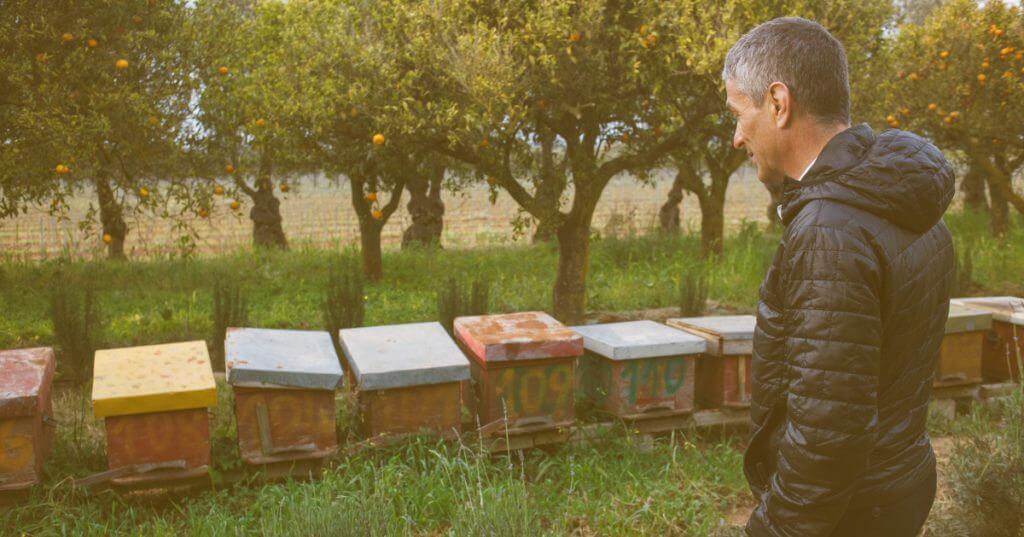Biodynamic Wine, Low Intervention Wines, Organic Wine
What Is Sustainable Winemaking?
So, what is sustainable winemaking?
Sustainable winemaking is the catch-all term for several winemaking practices that minimise damage to the environment and, as a result, the end consumer. In most cases, this means that the winemaker will use only organic products and pesticides in their vineyards eschewing the use of chemical solutions.
Difference between organic and natural winemaking
Organic winemaking is the top level of low-intervention winemaking, whereby as little as possible is done or added to the grapes in order to allow them to express themselves and their terroir. At its most extreme is natural winemaking (or non-intervention winemaking) where nothing (not even yeasts or sulphur) are added to ferment and preserve the juice!
What is biodynamic winemaking?
Biodynamic winemaking (based on the studies of Austrian philosopher Rudolf Steiner) goes off on a slight tangent in treating the vineyard as one whole ecosystem and by ensuring it is healthy, balanced and in sync with nature and the moon can offer the very best fruit.
Recently we wrote, “What is Biodynamic Farming In The Vineyard?” I still believe this is a focal point when talking about sustainability in wine.
The Biodynamic Agricultural Association describes it as the following:
In biodynamic farming, the strategy is not to feed the plant but instead to feed the soil. That way you get a more consistent growth cycle, and the vines are much stronger and also have a higher disease resistance, which for the farmer is a huge priority. A plant that can root itself in good soil will follow the cycles of nature very closely; break bud at the spring equinox, flower at the summer solstice, harvest close to the fall equinox, and have dormancy close to winter solstice. All of these activities are manipulated when you use artificial fertilizers.
Best Sustainable Wines from Pull The Cork
At Pull The Cork we have an abundance of sustainably farmed wines, so let us show you some fine examples.
Viniterra wines
Viniterra is a multi-award winning winery, consistently bagging awards including the ‘Best Malbec of the year’ from IWSC in 2016, and Double Gold at the CWSA in 2014. Describing their terroir as “an inexhaustible source of inspiration and treasure”, Viniterra’s philosophy screams of a relationship with their vineyard more passionate than any old Shakespearian star-crossed lovers. With a deep understanding of their soils, their climate, fifty years of winemaking experience and a whopping 1,020m of altitude, their biodynamic and natural wines are as amazing as you could imagine.
Located in Luján de Cuyo, a zone recognized worldwide as Tierra del Malbec, Viniterra produces its wines looking for the highest quality. Their grapes come from the area of Agrelo, Luján de Cuyo, the upper area of the Mendoza River. Viniterra produces a wide range of varietals: Malbec, Cabernet Sauvignon, Syrah, Merlot, Chardonnay and Torrontés, as well as being a pioneer in the development of innovative varietals such as Carménère and Pinot Grigio.
To make your wine choosing much easier, we already combined some white wines, especially Chardonnay with amazing meals. Be sure to explore our list of Chardonnay food pairing.
The Viniterra Serie Malbec is a wine with an intense red ruby colour with a violet nose. It is a clean-cut wine with varietal aromas, which evidences the presence of mature red fruit, spices and marked notes of vanilla and coffee, resulting from its ageing in oak barrels. It has a persistent and balanced finish. Oh and by the way, for the best Malbec in the world, it’s only £10.80!
Go beyond Austria’s Grüner Veltliner with Gut Oggau wines
Although Grüner Veltliner is the most popular and loved Austrian wine, the country’s wine producing industry has been in the spotlight for quote some time. Younger generations of winemakers in Austria have been experimenting with old and modern techniques, producing exquisite sustainable, natural and organic wines – red, white, rose or orange wines – that have been praised for their aroma, taste and quality.
Learn how to pair organic wine with tasty meals, explore our list of food and organic wine pairings.
One such example is Gut Oggau. Eduard and Stephanie produce premium natural and sustainable wines in the restored 17th-century winery in Oggau where they combine various organic grape varieties, including Grüner Veltliner, but also Welschriesling, Weissburgunder (Pinot Blanc) and Gewürtzraminer. Each of their wine is specific in taste and even more specific in “identity” as each bottle of wine features a fictional family member.
To start exploring their wines, we recommend you experience either the energetic children – Atanasius (Gut Oggau Weinland Atanasius 2018) or Theodora (Gut Oggau Weinland Theodora 2018), which are forthright, light, and energetic or taste their stronger bodied parents such as Timotheus.
A Touch of Greece
Have you ever tried premium natural Greek wines? It’s about time you do. We suggest starting with the Kokotos Three Hills wines, which are from a family run vineyard that started back in 1970.
George Kokotos and his family decided to settle in Stamate, abandoning city life in order to create a small vineyard in the hills north of Athens. The vineyards are in the Peloponnese area, in southern Greece. There is a long-term collaboration with viticulture so that they can succeed in harvesting top quality vegan-friendly grapes that are turned into stunning vegan wine.
The Kokotos Three Hills is a red wine with an intense red colour. The wine has a pleasant fruity character with a bouquet of red fruit with floral notes. Well balanced in the mouth with supple tannins and good acidity. Makes a perfect match for white or red meat cooked in the oven, yellow cheese and sausages. At a mere £12.00, it’s a no-brainer – you must try it.
Before you go: Do you know how long does red wine last once opened? Red wine can start tasting acerbic if you leave the bottle open – we suggest checking out our blog post linked above to find our more about red wine.
Premium South African wines from Craig Hawkins
Testalonga wines, produced by South African winemaker Craig Hawkins, are premium natural South African wines loved across the world. Craig and his wife produce small quantities using a variety of grapes under two labels: Testalonga El Bandito and Baby Bandito. Their winemaking process is unique and the wines of Testalonga rare and exclusive.
They are firm supporters of the organic wine and natural wine movement and their goal is to produce premium wines without interrupting natural processes. We suggest starting with Testalonga Keep On Punching 2019!
A Classic from the Rhone Valley
Cellier des Chartreux has never ceased to look to the future to defend the quality of its terroir. In 2001, a winery with stainless steel tanks was built. This highly functional unit provides a very precise control of winemaking. Using equipment and advanced techniques (flash relaxation since 2004, and 3 pneumatic presses), the grapes are vinified with respect to its land and its Appellations of Origin. Direct pressing and draining, low-temperature fermentation. Matured on lees. The soil is clay-chalky.
The winery in Sauvettere is found just between Lirac and Chateauneuf-du-Pape, therefore producing superb sustainable wines. In recent years, the contribution of new vine varieties allows the production of varietal wines, such as this Viognier.
If you are searching for a dry white wine, taste Cellier des Chartreux Viognier Iles Blanches 2017. A beautiful golden colour and a fruity nose with notes of fresh white flowers, tropical fruits. A good representative for Viognier, it is elegant and refined. A round balanced palate, rich and fleshy, great freshness, and a good aromatic persistence. Most certainly an enjoyable glass of white Rhone and the ultimate weekday dinner wine!
A treat from Champagne
Forget Chemin Champagne is an absolute cracker! For over 4 generations, the family has grown and produced a full range of organic champagnes. Following in the footsteps of Eugène, Paul, and Edmond, Thierry Forget is currently the Head of the Champagne house and is a certified Oenologue.
Thierry produces a small proportion of champagne a year, a mere 5% of which is exported. His vintage champagne carries the ‘Special Club’ badge which means it is deemed to be among the best examples the region has to offer. Only grapes grown exclusively on the estate are used in the wine. The vineyard is cultivated according to the regulations drawn out by viticulture raisonné practices. This refers to sustainable winemaking and reasonable agriculture practices which avoid chemical and wine additives use in the vineyard. This case from Forget Chemin Champagne is on Special Offer – £160.00 ONLY
Before you go..
Don’t forget to find out more about our monthly wine subscription. Not only will you have access to the best wines from all over the world (red, white, sparkling or orange wines – you name it), but you will also have them delivered straight to your doorstep!
And make sure to browse our blog for more informative articles about the winemaking industry. Discover the latest news, in depth articles about important topics such as what are sulphates and animal products in wine, as well some fun tips and tricks such as how to open a wine bottle without a corkscrew and how long does red wine last once opened. We got it all. Cheers!


You have mentioned very interesting points! ps decent website.